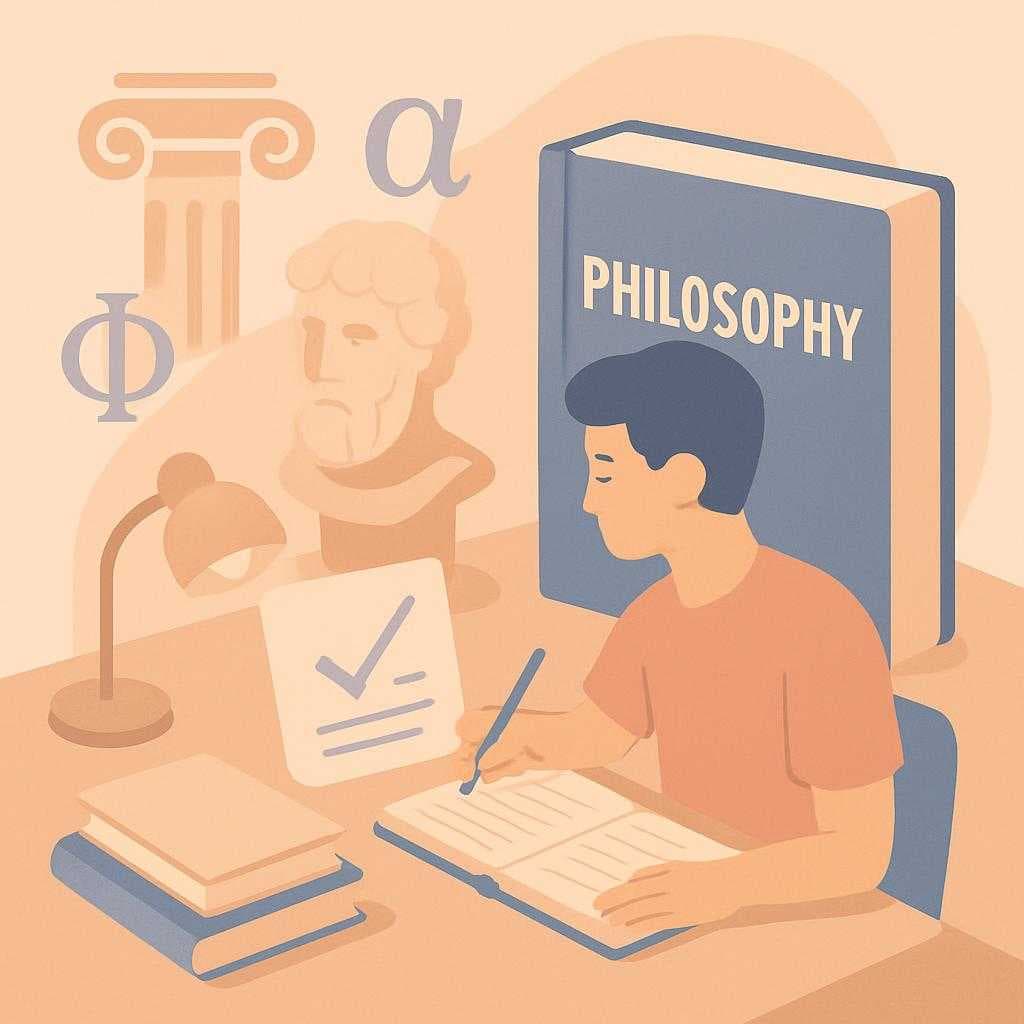Philosophical Mastery: Acing A-Level Philosophy with Exam Board Insights
Summary: Discover strategies for excelling in A-Level Philosophy by understanding the nuances of UK exam boards like AQA, OCR, and Edexcel. Gain insights that will help you develop critical thinking skills and master your exams.
A-Level Philosophy is a rewarding yet challenging subject that requires students to develop critical thinking, analytical skills, and a deep understanding of complex philosophical concepts. In the UK, success in A-Level Philosophy is largely determined by how well students can navigate the requirements of specific exam boards such as AQA, OCR, and Edexcel. Each board has its unique approach, and understanding these can significantly enhance your performance.
Understanding Exam Boards: AQA, OCR, and Edexcel
-
AQA: Known for its focus on critical thinking and argumentation, AQA encourages students to engage deeply with philosophical debates. The board often includes questions that require students to compare and contrast different philosophical theories, making it essential to have a well-rounded understanding of the syllabus.
-
OCR: OCR places a strong emphasis on the historical context of philosophical ideas. Students are expected to not only understand philosophical concepts but also their development over time. This board requires students to demonstrate a comprehensive understanding of philosophical evolution and its impact on contemporary thought.
-
Edexcel: Edexcel emphasizes the application of philosophical theories to real-world scenarios. It tests students' ability to apply abstract concepts in practical contexts, which requires a strong grasp of both the theoretical and practical aspects of philosophy.
Strategies for Success
-
Tailor Your Revision: Understanding the specific focus of your exam board allows you to tailor your revision. For instance, if you're studying under OCR, spend more time exploring the historical development of philosophical ideas. For Edexcel, practice applying theories to current events or ethical dilemmas.
-
Develop Critical Thinking: Across all boards, critical thinking is crucial. Engage in discussions, debates, and philosophical writing to hone your ability to analyze and evaluate arguments. This will not only prepare you for the exams but also enrich your understanding of the subject.
-
Master Essay Writing: Philosophy exams often require essay writing. Practice structuring your essays with clear arguments, supported by evidence and critical analysis. Ensure your writing is coherent, concise, and directly addresses the exam question.
-
Engage with Past Papers: Familiarize yourself with past exam papers from your specific board. This will help you understand the question patterns and the examiner's expectations. It’s a practical way to test your knowledge and exam technique under timed conditions.
By focusing on these strategies and understanding the nuances of your specific exam board, you can master A-Level Philosophy and achieve academic success. Remember, philosophy is not just about rote learning but engaging with ideas critically and creatively. Good luck!
